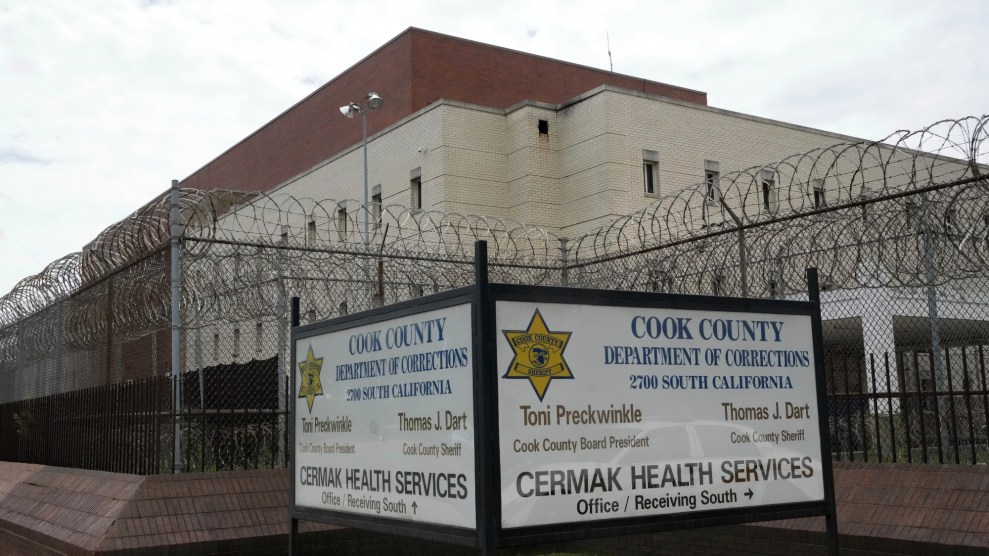Yesterday, the New York Times informed us that the Drug Enforcement Agency wants greater access to the NSA’s treasure trove of surveillance, but so far they haven’t gotten it. Today, Reuters tells us that this isn’t really true:
A secretive U.S. Drug Enforcement Administration unit is funneling information from intelligence intercepts, wiretaps, informants and a massive database of telephone records to authorities across the nation to help them launch criminal investigations of Americans.
….The unit of the DEA that distributes the information is called the Special Operations Division, or SOD. Two dozen partner agencies comprise the unit, including the FBI, CIA, NSA, Internal Revenue Service and the Department of Homeland Security.
….”Remember that the utilization of SOD cannot be revealed or discussed in any investigative function,” a document presented to agents reads. The document specifically directs agents to omit the SOD’s involvement from investigative reports, affidavits, discussions with prosecutors and courtroom testimony. Agents are instructed to then use “normal investigative techniques to recreate the information provided by SOD.”
….A former federal agent in the northeastern United States who received such tips from SOD described the process. “You’d be told only, ‘Be at a certain truck stop at a certain time and look for a certain vehicle.’ And so we’d alert the state police to find an excuse to stop that vehicle, and then have a drug dog search it,” the agent said.
This is not surprising. As you may recall, NSA is allowed to surveil foreign nationals but not US persons. If US persons are “inadvertently” caught up in the surveillance net, their communications have to be discarded. However, there are exceptions for domestic communications that “contain usable intelligence, information on criminal activity, threat of harm to people or property, are encrypted, or are believed to contain any information relevant to cybersecurity.” Drug offenses are criminal activity, so presumably NSA is allowed to keep any drug-related conversations it collects and pass them along to the relevant law enforcement agencies.
Does this give NSA an incentive to “accidentally” collect communications on US persons, so that they can trawl through them to find stuff they’re allowed to keep? Perhaps. Either way, though, it appears that NSA is more involved in drug investigations—and more eager to keep it a secret—than we’ve been led to believe.










